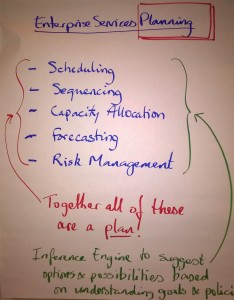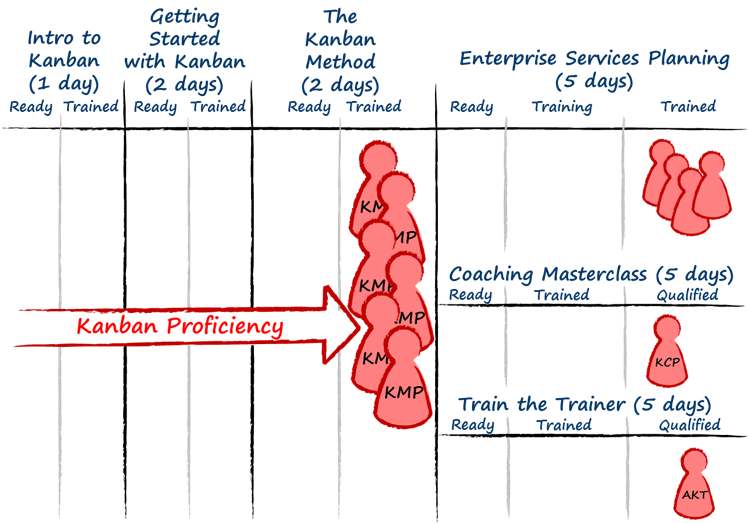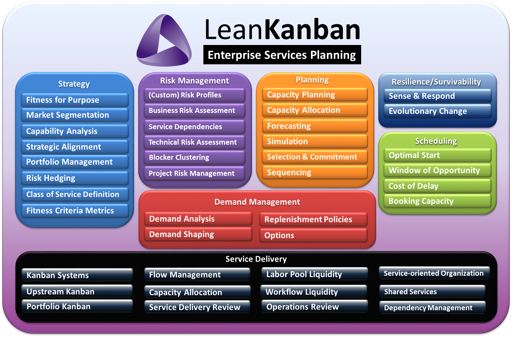Lean Kanban North America takes place in Miami, Florida 8-10 June 2015 at the Eden Roc Hotel on Miami Beach. This year we are both going “back to our roots” while “looking to the future” with a very specific Kanban practitioner event. If you are already doing Kanban and want to know how to take your practice to the next level, or you are curious how to scale the benefits to your entire organization or a business unit, or you just want to know how to apply Kanban outside of IT and software development, then this is the event for you!
In 2015 we launched Enterprise Services Planning, a management system for creative and knowledge worker industries that encourages improved service delivery, better customer satisfaction and a business that is “fit for purpose.” Are you curious about Enterprise Services Planning and how it leverages Kanban to improve your business? Are you curious to see the latest Enterprise Services Planning software solutions? You need to be in Miami this June at Lean Kanban North America. We’re back to our roots in the same city as our first conference in 2009, while we look to the future with the enterprise-wide management solution, Enterprise Services Planning (ESP). We’ll have a full pavilion of vendors offering ESP solutions – come and see the latest software and learn about our new modular 5-day training program in ESP.
Your business is an ecosystem of interdependent services. You can learn to manage these better with Enterprise Services Planning. ESP is about scheduling and sequencing work, forecasting delivery dates and outcomes, allocating capacity and managing dependencies, understanding risk and learning how to hedge it and embrace it for opportunity and economic benefit. Learn to run an effective, risk managed, business, that produces superior customer service and both “fit for purpose” and robust & resilient to a rapidly changing external environment, using ESP. Enterprise Services Planning is the new way to manage your complex, modern 21st Century business. ESP software solutions make it easy to translate what you learn into action. Come to Miami and experience how the future of work will be managed.
Register now! http://lkna15.leankanban.com/



